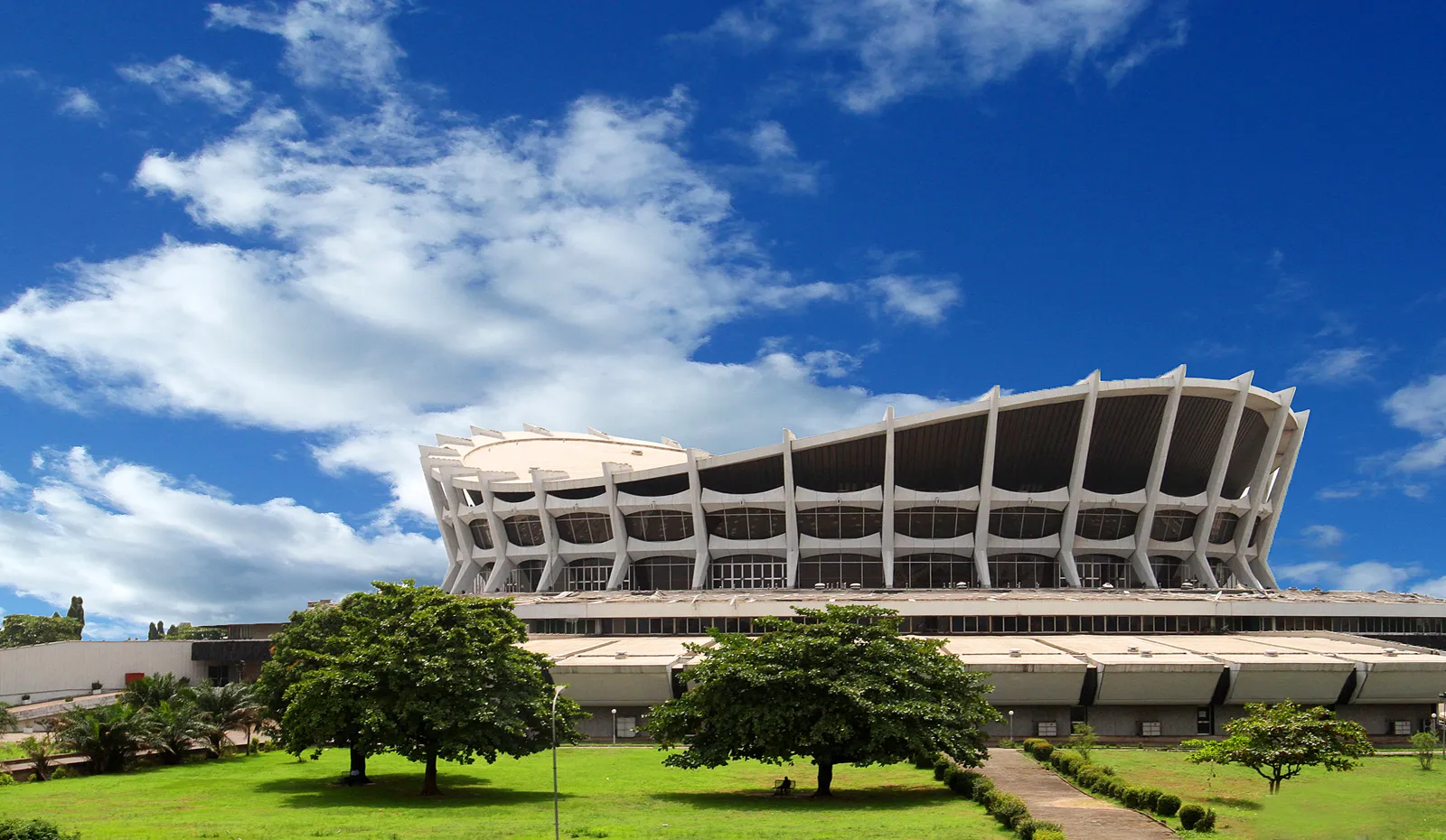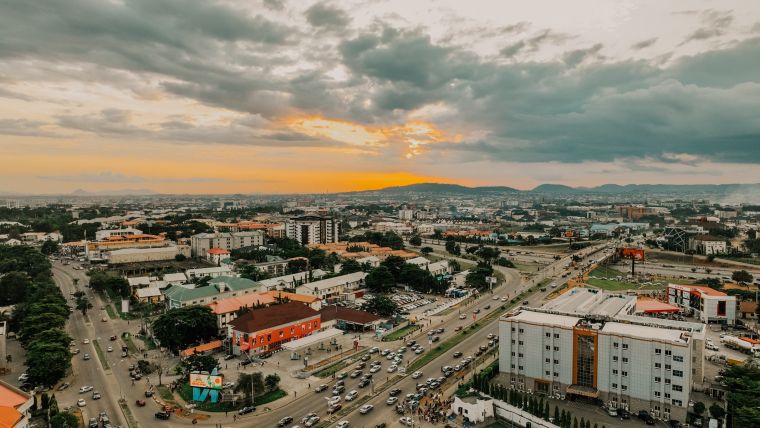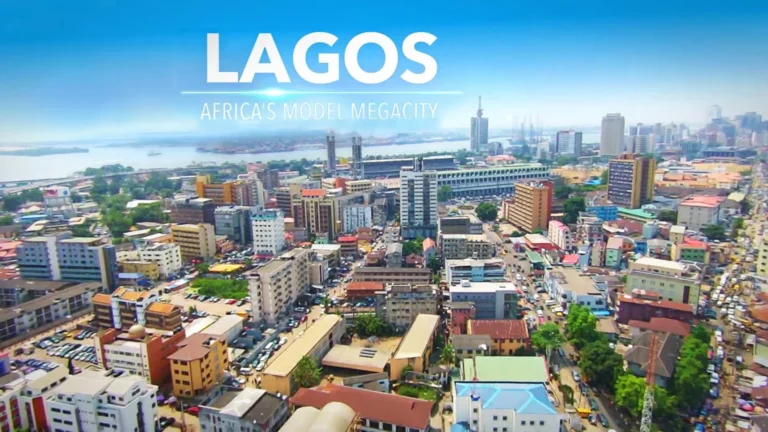TL;DR
This definitive guide explores Nigeria’s rich tapestry of national monuments—naming, describing, and mapping them state by state.
You’ll find historic homes, ancient city walls, storied caves, and acclaimed UNESCO sites, plus my personal insights and up-to-date, actionable details for every landmark. Jump directly to details by selecting your state of interest below, then experience the enduring cultural heritage and hidden stories that make Nigeria’s monuments unforgettable.
- Abia State
- Adamawa State
- Bauchi State
- Borno State
- Cross River State
- Delta State
- Edo State
- Enugu State
- Jigawa State
- Kaduna State
- Kano State
- Katsina State
- Kogi State
- Kwara State
- Lagos State
- Niger State
- Ogun State
- Ondo State
- Osun State
- Plateau State
- Rivers State
- Sokoto State
Key Takeaways:
- Comprehensive list and details for each state’s monuments
- Personal insights and tips for visitors
- Up-to-date, user-friendly info: hours, reviews, maps
- Designed to match your blog’s visual theme and responsive for all devices
Abia State National Monuments & Heritage Sites
A 19th-century wooden house showcasing the legacy of the Okoroji family, significant during the Atlantic slave trade period. Locals emphasize the detailed carvings and the original architecture, a rare survival of indigenous design.
This sacred house serves as the traditional council chamber for the Ohafia people. Local guides often recount historical judgments and cultural rites performed here.
Dive into Nigeria’s civil war history at these sites. Exhibit halls offer artifacts, vehicles, and firsthand narratives from the 1967–70 conflict. I recommend visiting the underground bunker for a chilling, immersive experience.
Official Site
Adamawa State National Monuments
A UNESCO World Heritage Site located in Madagali. I was awestruck by the terraced farmlands and stone palaces, a living reminder of ancient iron smelting traditions and sacred kingship rituals.
UNESCO Details
Center of the state’s traditional power. The palace complex offers vibrant festivals and architectural wonders. It’s ideal for understanding the Fulani heritage—ask a guide for an insider tour.
Bauchi State National Monuments
This pillar, erected in 1905, marks Nigeria’s earliest mining activities, echoing the industrial transformation of northern Nigeria.
Ancient cave paintings depicting local fauna, believed to be thousands of years old. Walking this site in low morning light brings the illustrations to life.
Resting place of Nigeria’s only Prime Minister, the site is revered and offers a serene environment for reflection on the nation’s journey.
Learn More
Borno State National Monuments
A defensive structure built by Rabeh Zubayr in the 19th century—tours here explore tumultuous periods of Borno’s pre-colonial rule.
This revered burial site holds deep importance for Kanem-Borno descendants. It is especially compelling during annual celebrations and prayers.
Cross River State National Monuments
Formerly Nigeria’s first Governor’s residence, built in 1884, it is now a museum displaying colonial relics and vibrant Ekpe attire. It’s a personal favorite spot for tracing Nigeria’s political origins.
Imposing stone pillars marked with ancient carvings, some dating to 600 AD. Local guides bring these stories alive—don’t skip their narratives for deeper context.
Erected to honor the legendary Scottish missionary, this striking monument is tremendously popular for photos and annual events.
Delta State National Monuments
An architectural masterpiece from colonial times, rich with exchanges between Itsekiri rulers and British officials. The antiques on display make this a rewarding stop for the historically curious. [1]
Edo State National Monuments
Among Africa’s largest man-made earthworks, these ancient fortifications stand as testimony to the great Benin Kingdom. The historic gates and surviving moats convey architectural genius and defense strategies of centuries past.
The seat of the hereditary chief, this house plays a pivotal role in Benin cultural rites and coronation rituals.
Enugu State National Monuments
A classic Igbo earth house, lauded for its enduring design and the ceremonial events it still hosts today.
Jigawa State National Monuments
Several protected caves feature millennia-old paintings—Jigawa’s greatest window into pre-Islamic northern cultures.
Kaduna State National Monuments
These ancient earthworks are stunning testaments to Hausa urban planning and defense.
A central feature in traditional beliefs and oral histories, popular for hiking and panoramic views of Zaria.
Kano State National Monuments
Expansive clay fortifications with distinct gates, still in use for city ceremonies hundreds of years later.
Historic residence now serving as a museum for Kano’s history, commerce, and artistry.
Katsina State National Monuments
This centuries-old mosque tower is an engineering marvel and a vital educational history site for local Islamic scholars.
An ancient royal burial ground with intriguing archaeological finds, open to visitors seeking a glimpse into Hausa royalty.
Kogi State National Monuments
This mysterious earthen mound, believed to be a chief’s tomb, represents one of Kogi’s earliest settlements.
Kwara State National Monuments
Remains of the “Dayspring” steamer, once a vital engine for riverine transport, now serve as a poignant symbol of Nigeria’s industrial journey.
Lagos State National Monuments
A Brazilian-style historic bar that witnessed countless merchant meetings and city tales before its controversial demolition. The site still evokes nostalgia for Lagos’s cosmopolitan trading roots.
Official residence of the Oba of Lagos—guided tours reveal ancient thrones, artifacts, and ceremonial courts.
Niger State National Monuments
Revered burial site for the legendary founder of the Nupe Kingdom.
Haunting relics of colonial administration, now blanketed in historic stories and quiet reflection.
Ogun State National Monuments
Associated with legendary Queen of Sheba folklore, this grove draws visitors for spiritual rituals, with traditional festivals held yearly.
Ondo State National Monuments
Boulders with mysterious engravings, revered by locals and researchers alike for their possible prehistoric messages.
Considered one of the oldest human occupation sites in western Africa, the experience is humbling and inspiring.
Osun State National Monuments
A UNESCO World Heritage Site, famed for its annual Osun-Osogbo Festival and tranquil, art-filled groves.
View on Google Maps
Archaeological marvel tied to the origins of the Yoruba people, attracting research teams and heritage enthusiasts from around the globe.
Plateau State National Monuments
Ingeniously engineered stone walkways, said to mark ancient trade routes and settlement patterns.
Rivers State National Monuments
The residence of Africa’s first Anglican bishop, this monument dives deep into the history of Christianity and literacy in the region.
Sokoto State National Monuments
A gem for history lovers, this museum brings to life the rise of the caliphate through artifacts, regalia, and personal effects of Caliph Usman Dan Fodio.
Official Website
Frequently Asked Questions about Nigerian National Monuments
How do I locate a national monument in Nigeria?
Each monument in this guide features an embedded Google Maps link for hassle-free navigation. For a specific site, click its “View on Google Maps” link.
Are Nigerian national monuments open year-round?
Most national monuments are open throughout the year. Opening hours can vary, so it’s best to check local tourism boards or official online listings for the latest hours.
Is it necessary to book ahead or pay for entrance?
Many monuments are free to enter, while some (such as museums) may require a small entry fee. Group tours or heritage site events might require advance booking—reach out by phone or email where available.
Where can I read user reviews on these monuments?
Google Maps entries for each site feature independent ratings and reviews. Local travel blogs and TripAdvisor also provide up-to-date feedback and traveler photos.
Which monument is best for families?
Sites like the National War Museum in Umuahia, Old Residency in Calabar, and Benin City Walls are excellent for family outings, thanks to interactive displays and guided tours.
How can I support preservation efforts?
Responsible tourism (no littering, respect signage) and supporting local artisans or site-run souvenir shops help sustain these precious sites.
WakaAbuja has made every effort to ensure that the information in this post was correct at the time of publication. However, we do not assume any liability caused by errors such as pricing, hours, or location details.
Please consult official websites or social media pages for the most up-to-date information.




